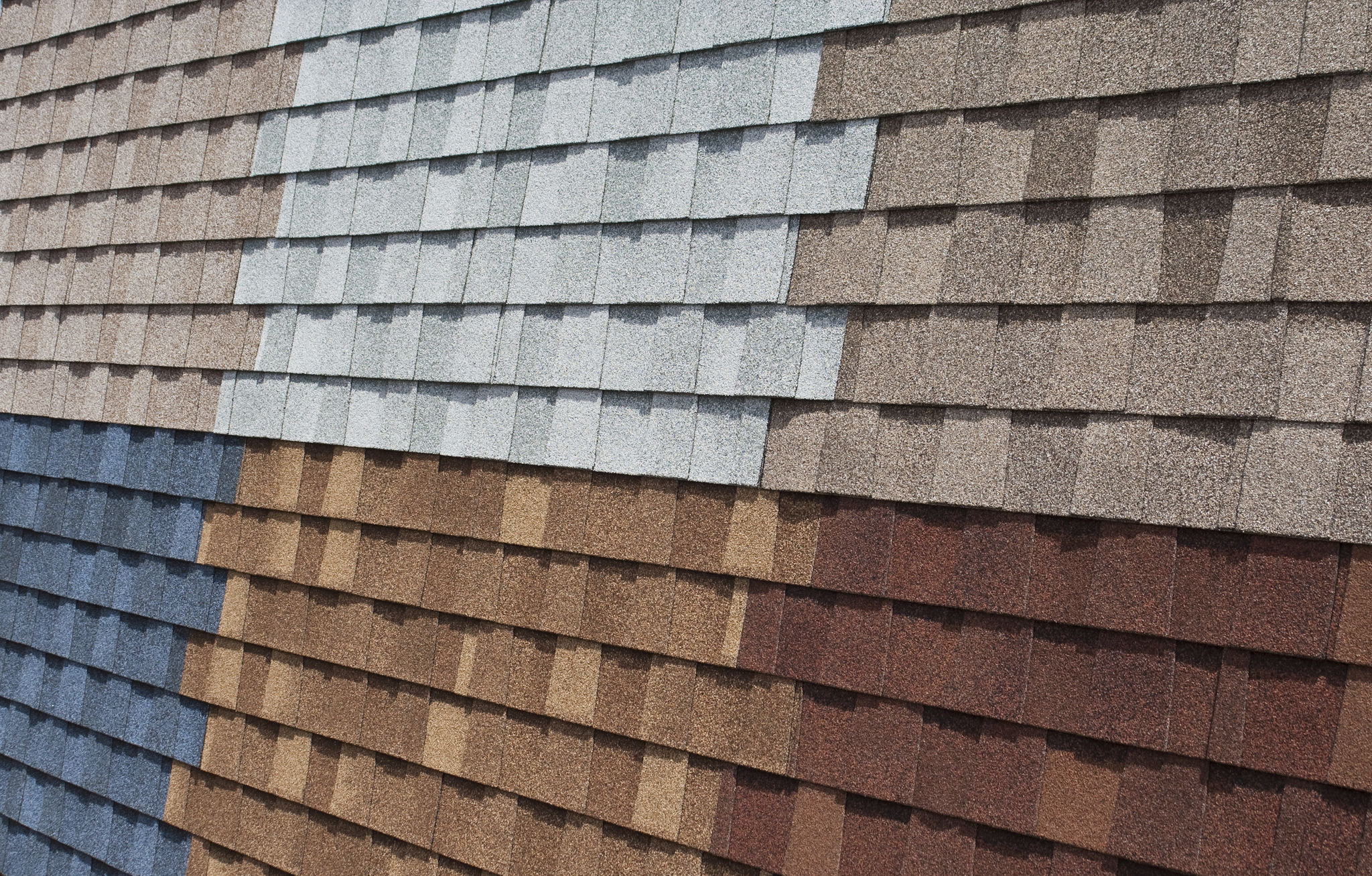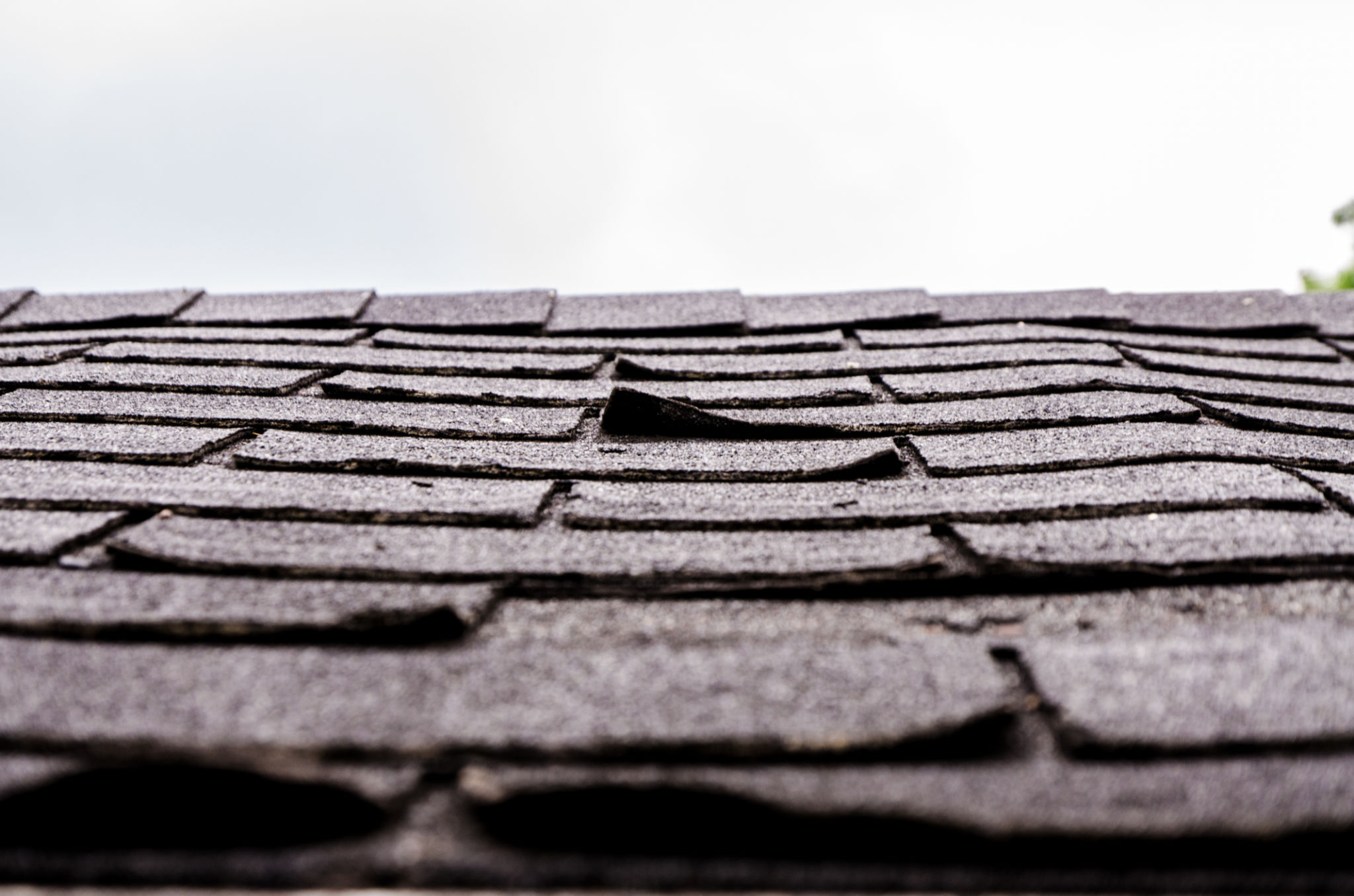The Ultimate Guide to Choosing the Right Roofing Material for Your Home
Understanding Your Roofing Needs
Choosing the right roofing material for your home is a critical decision that impacts not only the aesthetic appeal but also the durability and energy efficiency of your property. The first step in this process is understanding your specific needs, including climate, budget, and architectural style. Assessing these factors early on can help streamline your decision-making process.

Exploring Common Roofing Materials
There are several popular roofing materials to consider, each with its own advantages and disadvantages. Some of the most common options include:
- Asphalt Shingles: Known for their affordability and ease of installation, asphalt shingles are a popular choice. They offer a variety of colors and styles but may not last as long as other materials.
- Metal Roofs: Highly durable and energy-efficient, metal roofs can last up to 50 years or more. They are available in various metals like aluminum, copper, and steel.
- Clay and Concrete Tiles: These tiles provide a distinctive look and are extremely durable. However, they can be heavy, requiring additional structural support.
- Wood Shingles and Shakes: Offering a natural, rustic appearance, wood shingles can be an excellent choice for certain architectural styles. However, they require regular maintenance to prevent mold and rot.
Climate Considerations
Your local climate plays a significant role in determining the most suitable roofing material. For instance, metal roofs are excellent in areas prone to heavy snowfall or high winds due to their durability. On the other hand, clay tiles are ideal for hot climates as they provide excellent thermal resistance.

Energy Efficiency
The roofing material you choose can also affect your home’s energy efficiency. Light-colored roofs, such as metal or cool roofs, can reflect more sunlight and absorb less heat, reducing cooling costs in warmer regions. Conversely, asphalt shingles might be more suitable for colder climates because they retain heat better.
Budgeting for Your Roof
Your budget is another crucial consideration when selecting roofing materials. While asphalt shingles are generally the most cost-effective option upfront, materials like metal or tile may offer better long-term value due to their longevity and low maintenance needs.

Aesthetic Appeal and Architectural Style
The visual impact of your roof should not be underestimated. The right material can enhance your home’s curb appeal and complement its architectural style. For example, slate tiles provide an elegant look for historic homes, while modern designs might benefit from sleek metal panels.
Environmental Impact
Many homeowners today are concerned about the environmental impact of their roofing choices. Opting for sustainable materials, such as recycled metal or eco-friendly shingles, can reduce your carbon footprint. Additionally, some materials offer better recyclability at the end of their life cycle.
Longevity and Maintenance
The lifespan and maintenance requirements of your roofing material are also key factors to consider. Metal roofs and tiles typically require minimal upkeep and have longer lifespans compared to asphalt shingles, which may need replacement every 15-30 years.
Conclusion
Ultimately, choosing the right roofing material involves balancing various factors such as climate, budget, aesthetics, energy efficiency, and environmental impact. By carefully evaluating these aspects in relation to your specific needs, you can make an informed decision that benefits both your home and your wallet in the long run.